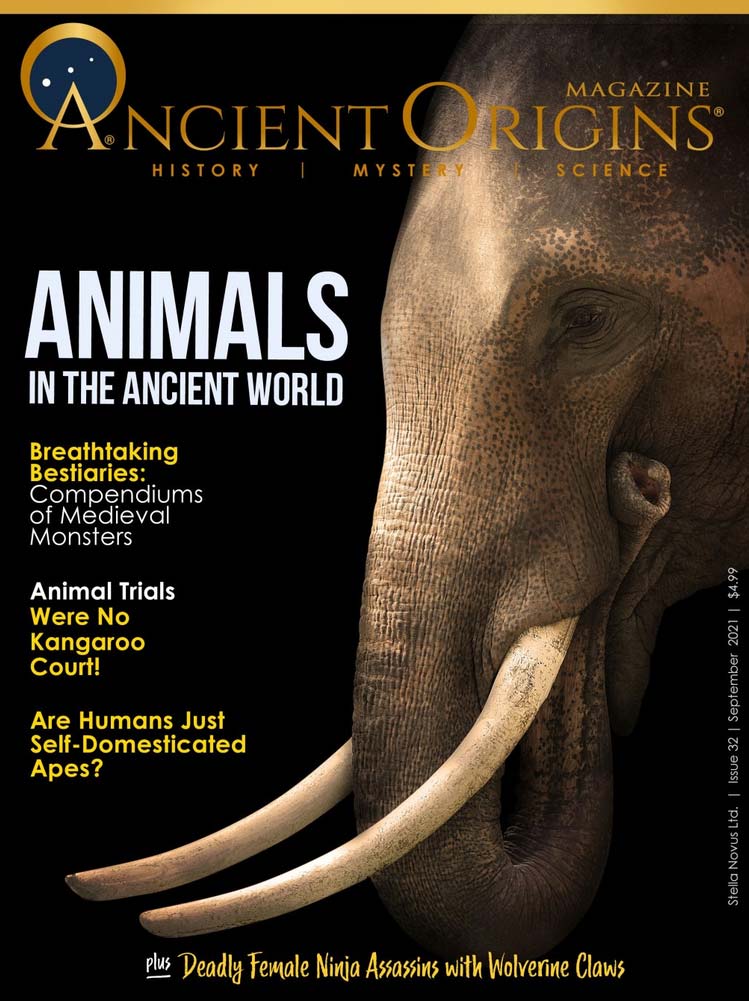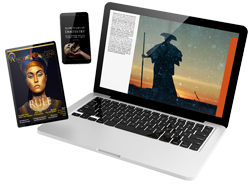
From our earliest days we have been cohabiting the planet with animals. They’ve been regarded as pets and pests, considered sacred, been sacrificed, and used for resources and labor. Animals have been integral to every aspect of our lives – we encounter them in the wild, public arenas, our homes, and of course, our art. They’ve been hunted, herded, sheltered, and loved.
In this issue we explore our complex cohabitation with animals around the world and since prehistoric times. Archaeozoologist Dr. Annie Antonites reveals how faunal remains at archaeological sites provide unique insight into the relationship between ancient people and animals. In some cases, such as the extinct dodo, we have to turn to the remains to discover the truth – it was not the dumb bird some fairy tales would suggest!
Artifacts also reveal much about a society’s perspective on different animals. For example, a mechanical dog housed in the MET shines light on one of our species’ favorite companions. While the ancient Egyptians famously revered the slinky, clever cat, and worshiped feline-headed deities, did you know they were apparently “obsessed” with their dogs too?
To discover more about the relationships between cultures and creatures, we trace the paths of elephants from battlefields to the big top, and ponder why some cultures have loved hedgehogs while others despised them. We turn to art and literature for insight too. Be it the image of a spider in a Moche temple or the colorful tales of “monsters” in the pages of Medieval bestiaries, we can see how animals have been used as symbols reflecting human beliefs throughout time. Animal trials further reveal the bizarre way animals reflected perceptions of morality and the complex relationship between man and beast in the Middle Ages.
This issue also examines the strange story of a Viking ship allegedly lost in a Californian desert, and the powerful, deadly kunoichi – female ninjas who sometimes sported poison-coated wolverine claws to assassinate their targets!
There are not enough pages to discuss all the ways we have lived with, loved, and sometimes feared animals, but this issue reveals how our relationships and thoughts on animals not only reflect our view of nature, but also the nature of humanity itself.

|
 |
 |



